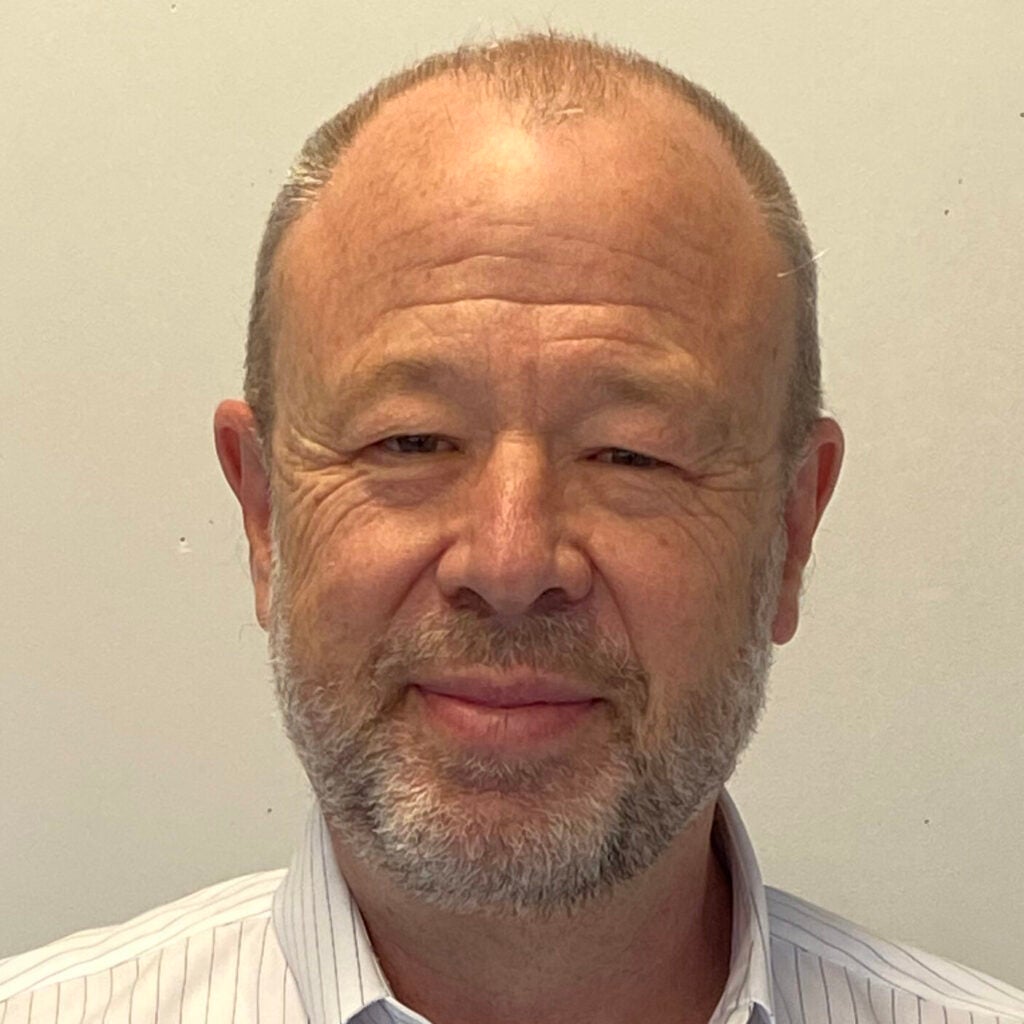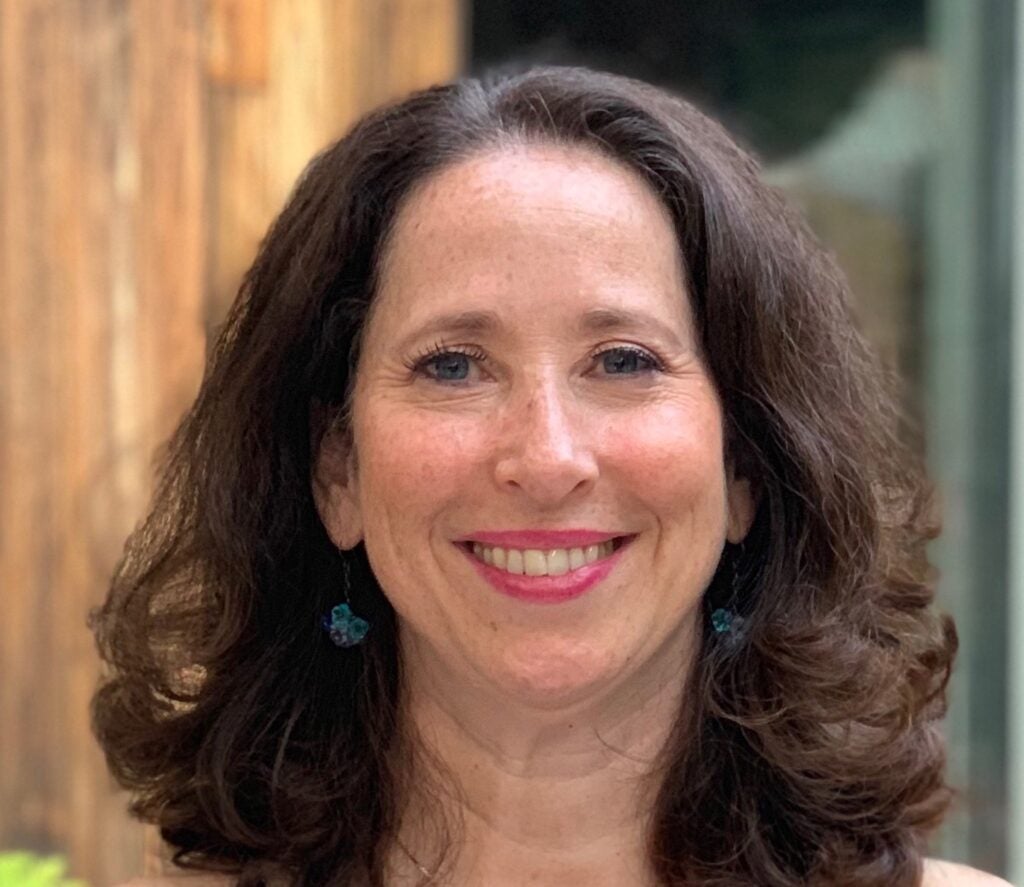
Our Mission
The Georgetown Center for Healthy Aging is committed to promoting healthy aging, preventing and treating illness and disability, and achieving equity in health and well-being across the life course. Through symposia, grants, and programs, the Center nurtures new research on aging-related topics across various fields such as the basic, clinical, population, and social sciences; public policy; and healthcare systems. The Center contributes expertise to existing educational programs and new initiatives, both across the University and with community-based organizations. The general goal is to expand the diversity and numbers of transdisciplinary researchers collaborating with stakeholders and communities, improving healthcare, and enhancing the quality of life during aging.
Director’s Welcome
The process of aging is complex and fascinating. It involves changes that we can enjoy, accept, or try to avoid. However, one thing that remains constant is that change is inevitable.
Georgetown University provides a rich environment for studying aging from various perspectives, such as basic, clinical, population, social, health systems, and public policy. The Center for Healthy Aging brings together researchers, educators, and scholars to identify important questions, establish new collaborations, and share resources across different disciplines. As investigators, we understand that our ideas and approaches need to continually
evolve.
Georgetown’s strength lies in its commitment to scholarship and education; it has provided learning and teaching opportunities since its beginning in 1789. This website showcases our community’s work, providing resources and information to help drive the change in our society’s understanding of aging.


Training Programs
The AART program is designed for predoctoral students and postdoctoral fellows whose backgrounds have not included substantial previous training in aging or Alzheimer’s disease.
The PACT program addresses increasing training opportunities for minorities in critical research in the aging and biomedicine workforce.
The Cancer and Aging Division aims to conduct transdisciplinary research and train researchers to promote health equity for cancer patients and their families in our diverse aging society.
